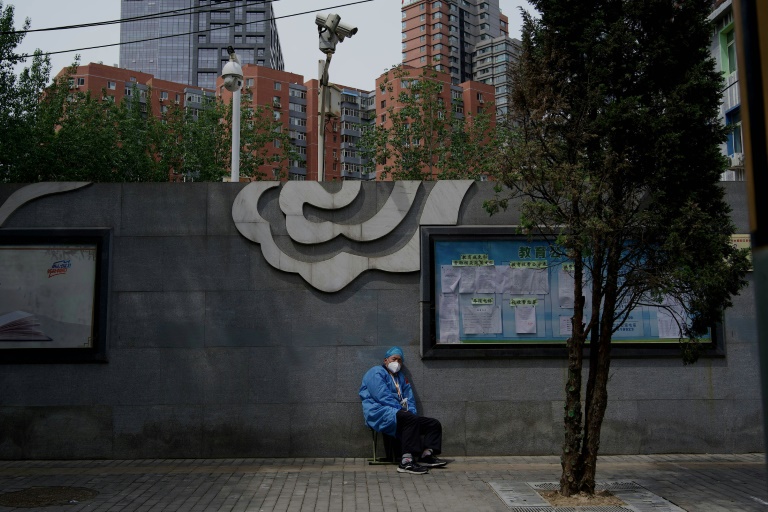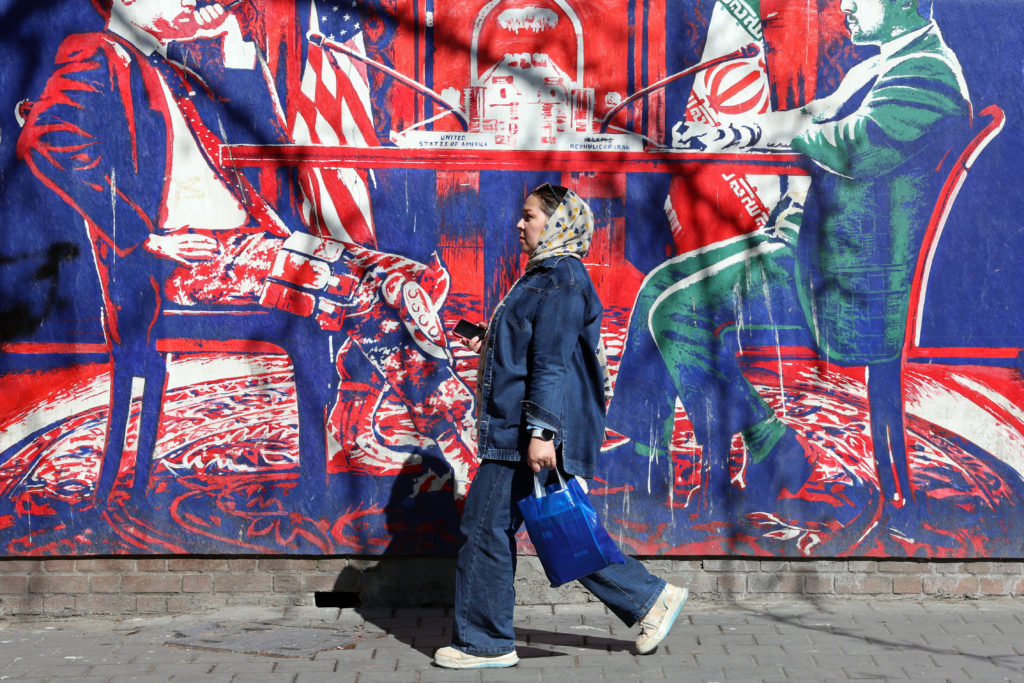Asian equities mostly sank Tuesday and oil prices tumbled following a rout on Wall Street as anxieties were fanned over rising US interest rates, surging inflation and the impact of China’s prolonged Covid lockdowns.
The global stock markets have been on a tempestuous ride this year, with Wall Street suffering another rout on Monday as tech-rich Nasdaq slumped more than four percent while the S&P 500 ended below 4,000 points for the first time since March 2021.
Steep declines in China’s April exports — due to Beijing’s staunch adherence to a zero-Covid policy that has shunted millions indoors — and volatility in crude partly due to Russia’s war in Ukraine have also hastened the bloodletting.
“We don’t normally pay too much attention to short-term market movements, but there’s some concern brewing in markets that we might be on the cusp of a significant event,” said Peter Esho, co-founder at Wealthi, an investment property platform.
“Ultimately, our view is that each and every time the US Federal Reserve seeks to raise rates, the economy and growth will break and send us back to square one.”
US stock markets dived late last week after the Federal Reserve raised interest rates by a half-percentage point and flagged more aggressive hikes ahead to tackle decades-high inflation.
Further stoking global inflationary pressures were lockdowns across dozens of Chinese cities — from the manufacturing hubs of Shenzhen and Shanghai to the breadbasket of Jilin — which has wreaked havoc on supply chains over recent months.
The equities plunge persisted Monday on Wall Street, while Frankfurt, London and Paris all fell more than two percent.
Tokyo on Tuesday opened down 0.7 percent, with Japanese traders fretting over US monetary tightening.
Seoul, Wellington, Singapore, and even Jakarta — the lone bright spot over the past couple days — also slumped.
“The market is becoming increasingly non-investable,” said Stephen Innes of SPI Asset Management.
“We could be nearing the capitulatory ‘sell-everything mode’ as it is virtually impossible to construct a bullish argument for the broader market.”
– Bitcoin woes –
In the realm of digital currency, bitcoin also slumped as low as $29,764 — more than half its value since a November surge saw the token hit a record of nearly $69,000.
Such a drastic drop in value has not been seen since July 2021.
Analysts say traditional investors tend to view it as a riskier asset and have been offloading bitcoin and other digital tokens in response to the growing fears of market volatility.
Crude — once considered a somewhat safe haven — also took a beating Monday when it plunged more than five percent, with the European benchmark Brent North Sea crude dropping to $106.77 per barrel, while the main US contract WTI was $103.87.
By Tuesday, the drop-off appeared to ease up — though it was still lower, with Brent trading at around $104.70 and WTI at $101.91.
“There is nowhere to hide right now.
If you are looking for green on the screen, it is very minimal, especially in the tech sector,” Victoria Greene, chief investment officer at G Squared Private Wealth, told Bloomberg.
– Key figures at around 0230 GMT –
Hong Kong – Hang Seng Index: DOWN 2.3 percent at 19,541.24
Shanghai – Composite: UP 0.4 percent at 3,016.26
Tokyo – Nikkei 225: DOWN 0.9 percent at 26,074.53 (break)
Brent North Sea crude: DOWN 1.2 percent at $104.58 per barrel
West Texas Intermediate: DOWN 1.26 percent at $101.79 per barrel
Euro/dollar: UP at $1.0574 from $1.0563 on Monday
Pound/dollar: UP at $1.2367 from $1.2331
Euro/pound: DOWN at 85.50 pence from 85.64 pence
Dollar/yen: UP at 130.36 yen from 130.26 yen
New York – Dow: DOWN 2.0 percent at 32,245.70 (close)
London – FTSE 100: DOWN 2.3 percent at 7,216.58 (close)











